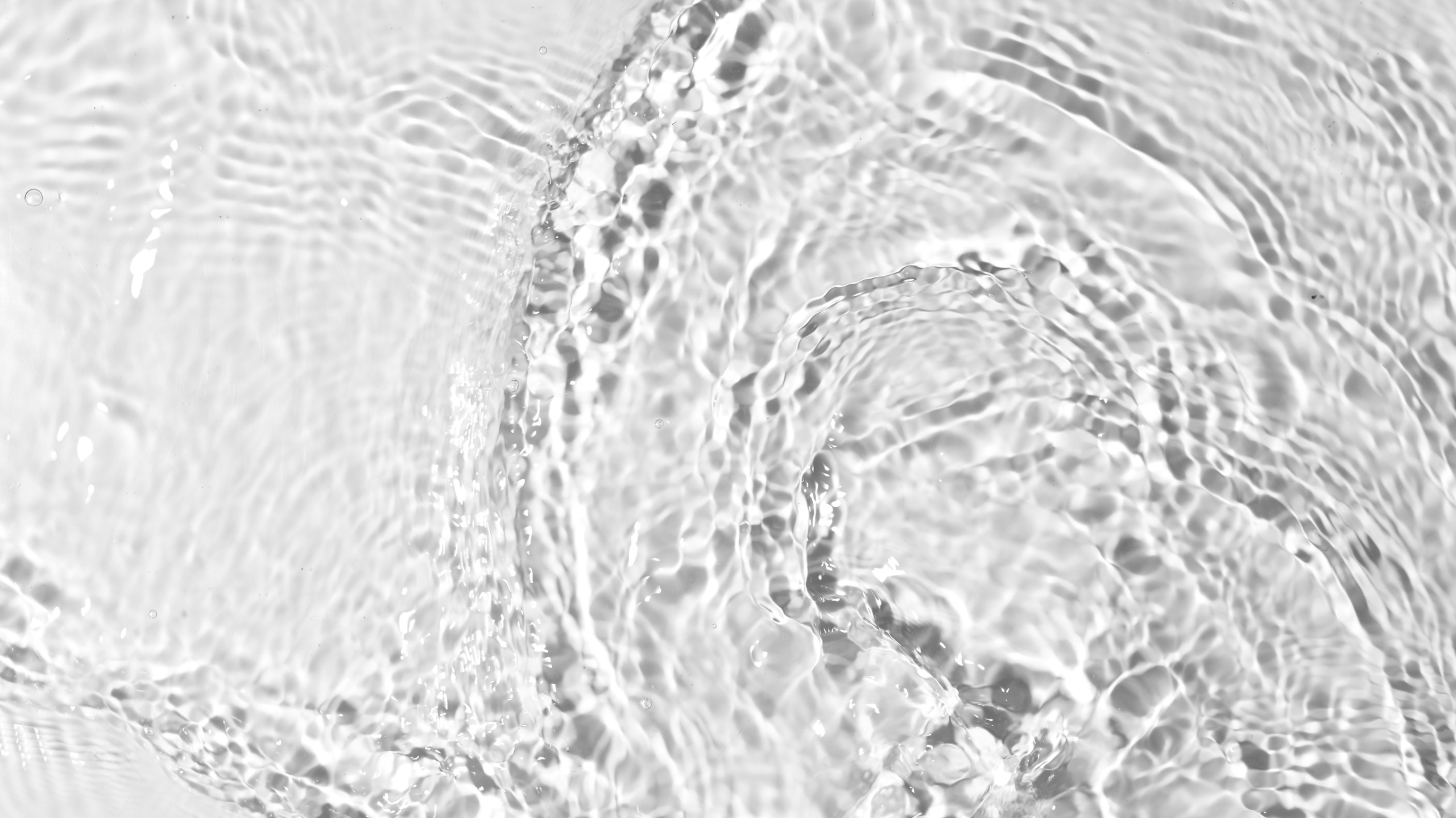Your cart is currently empty!
Water vs. Waterless: The Truth Behind Skincare’s Most Misunderstood Ingredient
By
.

Let’s talk about the ingredient everyone loves to hate: water.
Scroll through skincare discourse online, and you’ll likely stumble upon a passionate claim that “most skincare is just water” — usually followed by a warning to avoid products that list aqua as the first ingredient. The logic? If water is the main component, then the product must be cheap filler, right?
At Nature Study Skincare, we’re no strangers to this debate. As a brand rooted in transparency and biotech-based skin health, we believe in meeting claims with clarity — not fearmongering.
So let’s unpack the facts.
Is Water Just a Cheap Filler?
Short answer: no. Long answer: water is the unsung hero of modern skincare.
Water is not just a diluent. It’s a solvent, carrier, and delivery system. Many of the actives your skin needs — think niacinamide, lactic acid, sodium hyaluronate, and botanical hydrosols — are water-soluble. Without water, these ingredients can’t dissolve, can’t penetrate, and can’t perform.
According to a 2018 review published in the Journal of Cosmetic Dermatology, water-based formulations are critical in allowing hydrophilic actives to penetrate the stratum corneum and reach deeper skin layers where they exert their effects (Lodén et al., 2018).
Water also helps maintain the right pH environment, which is essential for ingredient stability and skin compatibility. For example, alpha hydroxy acids (like lactic acid) require an acidic, water-based environment to remain effective without irritating the skin (Fowler, 2012).
So when formulators include water, it’s not a shortcut — it’s often the only way to deliver hydration and effectiveness.
So Why the Rise of “Waterless” Skincare?
Waterless skincare has its place — and in some cases, it’s genius. Balms, oils, and solid actives can deliver concentrated nutrition to the outermost layer of your skin, especially when you want to buffer or layer products. They’re also ideal for travel, and they minimize the need for preservatives.
Even brands leveraging cutting-edge technology to deliver so-called “100% actives” or “pure actives” often rely on water at some stage of the skincare journey — whether to dissolve, dilute, or assist in the absorption of those powerful ingredients. This isn’t a flaw; it’s a functional reality of skin biology.
At Nature Study Skincare, we’re not here to water-shame. On the contrary, we applaud innovation wherever it’s found — whether it’s water-free or water-full — as long as it’s grounded in integrity, efficacy, and science. The future of skincare doesn’t lie in false binaries, but in understanding how different ingredient systems can work in harmony.
As Dr. Michelle Wong (a.k.a. Lab Muffin Beauty Science) notes, “Water-based products hydrate the skin — and that’s something oils alone can’t do. Oils can lock in moisture, but they don’t add any.” (Wong, 2020)
The Power of Pairing: Water + Oils = Complete Skincare
Here’s the skincare secret most marketing forgets: your skin needs both. Hydration (water) and moisturization (oil) serve completely different functions.
- Hydrators like our Rose Water Face Toner, featuring aloe ferox and lactic acid, draw water into the skin and prep it to absorb whatever comes next.
- Moisturizers and oils lock that water in, strengthen your barrier, and keep skin supple.
In fact, the skin’s own barrier function relies on a precise balance between lipids and water. A 2020 review in Dermatologic Therapy found that dehydrated skin often triggers barrier disruption and inflammation — which is why combining water-based and lipid-based products supports skin health most effectively (Proksch et al., 2020).

At Nature Study, We Formulate With Intention
Water isn’t filler — it’s foundational. We use it when it makes scientific and skin-physiology sense. And when we go waterless, it’s for a reason, not a trend.
Because skincare isn’t about binaries. It’s about balance, integrity, and understanding how ingredients work together to support your skin’s biology.
Bottom line? Don’t fear water — question formulation intent. And don’t fall for extremes — your skin thrives in harmony, not hype.
Explore our water-based and waterless formulations — designed to layer, not compete.
Citations
1. Lodén, M., & Maibach, H. I. (2018). Hydration and the Stratum Corneum. Journal of Cosmetic Dermatology, 17(1), 56–62.
2. Fowler, J. (2012). Understanding the role of acids in skincare. Journal of Drugs in Dermatology, 11(5), s12–s17.
3. Wong, M. (2020). “Do You Really Need Water in Skincare?” [Lab Muffin Beauty Science Blog].
4. Proksch, E., Brandner, J. M., & Jensen, J. M. (2020). The skin: an indispensable barrier. Dermatologic Therapy, 33(6), e13260.
